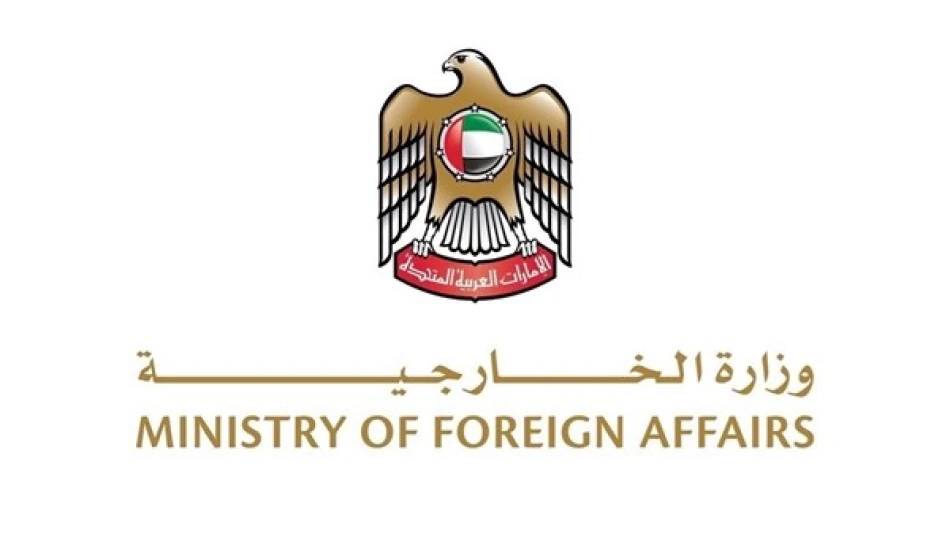
UAE Strongly Condemns Deadly Terrorist Attack on Nigerian Mosque
UAE Condemns Deadly Mosque Attack in Northern Nigeria as Regional Security Concerns Mount
The United Arab Emirates has issued a strong condemnation of a terrorist attack targeting a mosque in northern Nigeria that killed multiple innocent civilians, highlighting the Gulf nation's growing diplomatic engagement with African security issues and its broader strategy to position itself as a key mediator in global counterterrorism efforts.
Official Response Reflects Broader Diplomatic Strategy
The UAE's Ministry of Foreign Affairs released a statement expressing the country's "categorical rejection of all forms of violence, extremism, and terrorism that aim to undermine security and stability." The ministry extended condolences to the victims' families and to the Nigerian government and people following what it described as a "heinous attack."
This swift diplomatic response underscores the UAE's increasingly active role in African affairs, particularly as Emirates-based companies expand their investments across the continent and Abu Dhabi seeks to establish itself as a bridge between the Middle East and sub-Saharan Africa.
Nigeria's Persistent Security Challenge
Northern Nigeria has faced recurring security threats from various militant groups, most notably Boko Haram and its splinter factions, which have conducted numerous attacks on religious sites, schools, and civilian targets over the past decade. The region's security crisis has displaced millions and created one of the world's most severe humanitarian emergencies.
Economic and Strategic Implications
The continued instability in Nigeria, Africa's largest economy and most populous nation, has significant implications for regional trade and investment flows. The UAE has emerged as one of Nigeria's key trading partners, with bilateral trade exceeding $3 billion annually, making security concerns in Nigeria a direct economic interest for Emirati businesses and government.
Regional Counterterrorism Cooperation
The UAE's condemnation comes amid increased cooperation between Gulf states and African nations on security matters. Similar to how the Emirates has engaged in counterterrorism operations in Somalia and provided security assistance to various Sahel region countries, this diplomatic statement signals continued engagement with Nigeria's security challenges.
This approach mirrors strategies employed by other regional powers, including Saudi Arabia and Egypt, which have sought to expand their influence in Africa through security partnerships and economic investments, often positioning themselves as alternatives to traditional Western partners.
Broader Implications for Gulf-Africa Relations
The timing of this statement reflects the UAE's broader "Africa strategy," which has seen increased diplomatic missions, investment funds, and security cooperation agreements across the continent. As competition intensifies between global powers for African partnerships, the Emirates' quick response to security incidents demonstrates its commitment to maintaining strong bilateral relationships that support both diplomatic and commercial objectives.
Most Viewed News

 Layla Al Mansoori
Layla Al Mansoori






